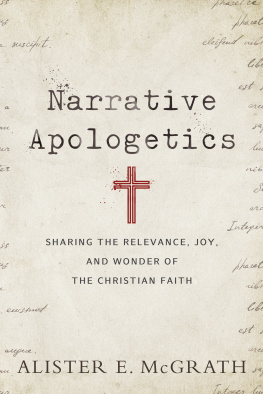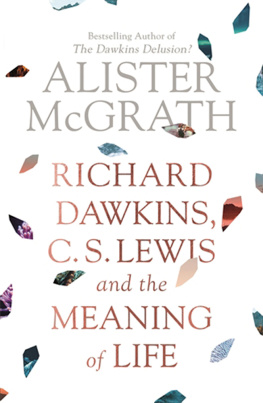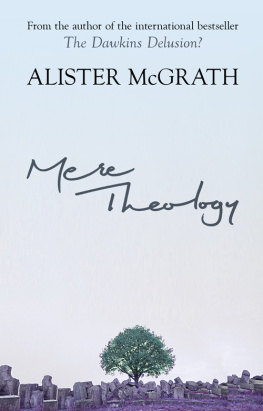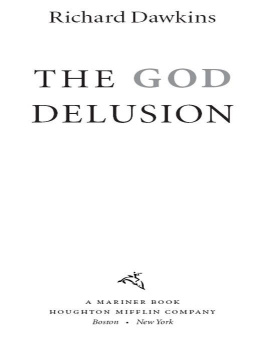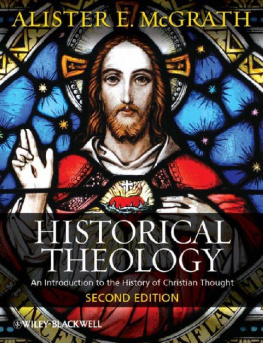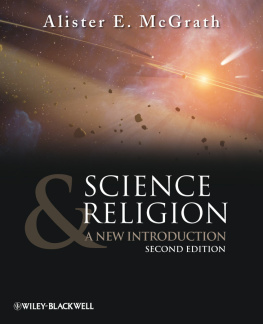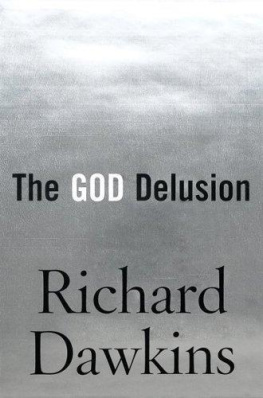Other Books in This Series
Did the Resurrection Happen?: A Conversation with Gary Habermas and Antony Flew
by Gary R. Habermas, Antony Flew
In 2004 philosopher Antony Flew, one of the world's most prominent atheists, publicly acknowledged that he had become persuaded of the existence of God. Not long before that, in 2003, Flew and Christian philosopher Gary Habermas debated at a Veritas Forum at California Polytechnic State University, San Luis Obispo. Habermas, perhaps the world's leading expert on the historicity of the resurrection of Jesus, made the case for rational belief on the basis of the reliability of the evidence. Flew argued for alternative understandings of the evidence presented.
For two-and-a-half decades Flew and Habermas have been in friendly dialogue about the plausibility of the resurrection and the existence of God. This book presents the full content of their third and final debate, as well as transcripts of the Q & A session with the audience afterward. Also included are a 2004 conversation between Habermas and Flew shortly after Flew's much-publicized change of position, as well as editor David Baggett's assessment and analysis of the full history of Habermas and Flew's interactions.
Here is your opportunity to listen in on a conversation with two of the greatest thinkers of our era about one of the most pivotal events in human history. Follow the evidence wherever it leads. And decide for yourself whether it's believable that a man could rise from the dead.
Finding Calcutta: What Mother Teresa Taught Me About Meaningful Work and Service
by Mary Poplin
"Find the sick, the suffering and the lonely right there where you are.... You can find Calcutta all over the world, if you have the eyes to see." --Mother Teresa
Lifelong educator Mary Poplin, after experiencing a newfound awakening to faith, sent a letter to Calcutta asking if she could visit Mother Teresa and volunteer with the Missionaries of Charity. She received a response saying, "You are welcome to share in our works of love for the poorest of the poor." So in the spring of 1996, Poplin spent two months in Calcutta as a volunteer. There she observed Mother Teresa's life of work and service to the poor, participating in the community's commitments to simplicity and mercy. Mother Teresa's unabashedly religious work stands in countercultural contrast to the limitations of our secular age.
Poplin's journey gives us an inside glimpse into one of the most influential lives of the twentieth century and the lessons Mother Teresa continues to offer. Upon Poplin's return, she soon discovered that God was calling her to serve the university world with the same kind of holistic service with which Mother Teresa served Calcutta.
Not everyone can go to Calcutta. But all of us can find our own meaningful work and service. Come and answer the call to find your Calcutta!
A Place for Truth: Leading Thinkers Explore Life's Hardest Questions
Many today pursue knowledge and even wisdom. But what about truth? In an age that disputes whether truth can be universalized beyond one's own personal experience, it seems quaint to speak of finding truth. But whether in the ivory towers of the academy or in the midst of our everyday lives, we continue to seek after the true, the beautiful and the good.
Since its founding at Harvard in 1992, The Veritas Forum has provided a place for the university world to explore the deepest questions of truth and life. What does it mean to be human? Does history have a purpose? Is life meaningful? Can rational people believe in God? Now gathered in one volume are some of The Veritas Forum's most notable presentations, with contributions from Francis Collins, Tim Keller, N. T. Wright, Mary Poplin and more. Volume editor Dallas Willard introduces each presentation, highlighting its significance and putting it in context for us today. Also included are selected question and answer sessions with the speakers from the original forum experiences.
Come eavesdrop on some of today's leading Christian thinkers and their dialogue partners. And consider how truth might find a place in your own life.
The Dawkins Delusion? has mostly been written by Alister McGrath, Professor of Theology, Ministry and Education at Kings College, London. His primary interest is the history of Christian thought, with a particular emphasis on the relation between the natural sciences and Christian belief. He used to be an atheist, and attributes his lapse partly to the discovery of the philosophy of science, and partly to a belated decision to investigate what Christianity really was, rather than accepting the stereotypes offered by his atheist friends (not a few of which recur in The God Delusion ). After studying chemistry at Oxford, he researched in the field of molecular biophysics, developing new methods for investigating biological membranes. He then moved on to study Christian theology, specializing in the history of Christian thought, and especially in issues of science and religion. A prolific author, his recent publications include Dawkins God: Genes, Memes and the Meaning of Life (Blackwells, 2004).
Joanna Collicutt McGrath studied experimental psychology at Oxford, then went on to specialize for some years in clinical neuropsychology, and subsequently studied Christian theology, specializing in biblical studies. Currently Lecturer in the Psychology of Religion at Heythrop College, University of London, she has been involved in the whole of this work, but has made a particular contribution to those sections dealing with biblical studies, and the relationship of religion with psychology and the neurosciences. Her book, Meeting Jesus: Human Responses to a Yearning God , co-written with Jeremy Duff, was published by SPCK in 2006.
THE DAWKINS DELUSION?
Atheist fundamentalism and the denial of the divine

Alister McGrath
and
Joanna Collicutt McGrath
Introduction

Since the publication of The Selfish Gene (1976), Richard Dawkins has established himself as one of the most successful and skilful scientific popularizers. Along with his American colleague Stephen Jay Gould, he has managed to make evolutionary biology accessible and interesting to a new generation of readers. I and other admirers of his popular scientific works have long envied their clarity, their beautiful use of helpful analogies, and their entertaining style.
Yet his latest book marks a significant departure. The God Delusion has established Dawkins as the worlds most high-profile atheist polemicist, who directs a withering criticism against every form of religion. Not that he thinks that this is particularly likely; after all, he suggests, dyed-in-the-wool faith-heads are immune to argument.
Yet the fact that Dawkins has penned a 400-page book declaring that God is a delusion is itself highly significant. Why is such a book still necessary? Religion was meant to have disappeared years ago. For more than a century, leading sociologists, anthropologists and psychologists have declared that their children would see the dawn of a new era in which the God delusion would be left behind for good. Back in the 1960s, we were told that religion was fading away, to be replaced by a secular world.
For some of us, that sounded like a great thing. I was an atheist back in the late 1960s, and remember looking forward to the demise of religion with a certain grim pleasure. I had grown up in Northern Ireland, and had known religious tensions and violence at first hand. The solution was obvious to my freethinking mind. Get rid of religion, and such tensions and violence would be eradicated. The future was bright and godless.



